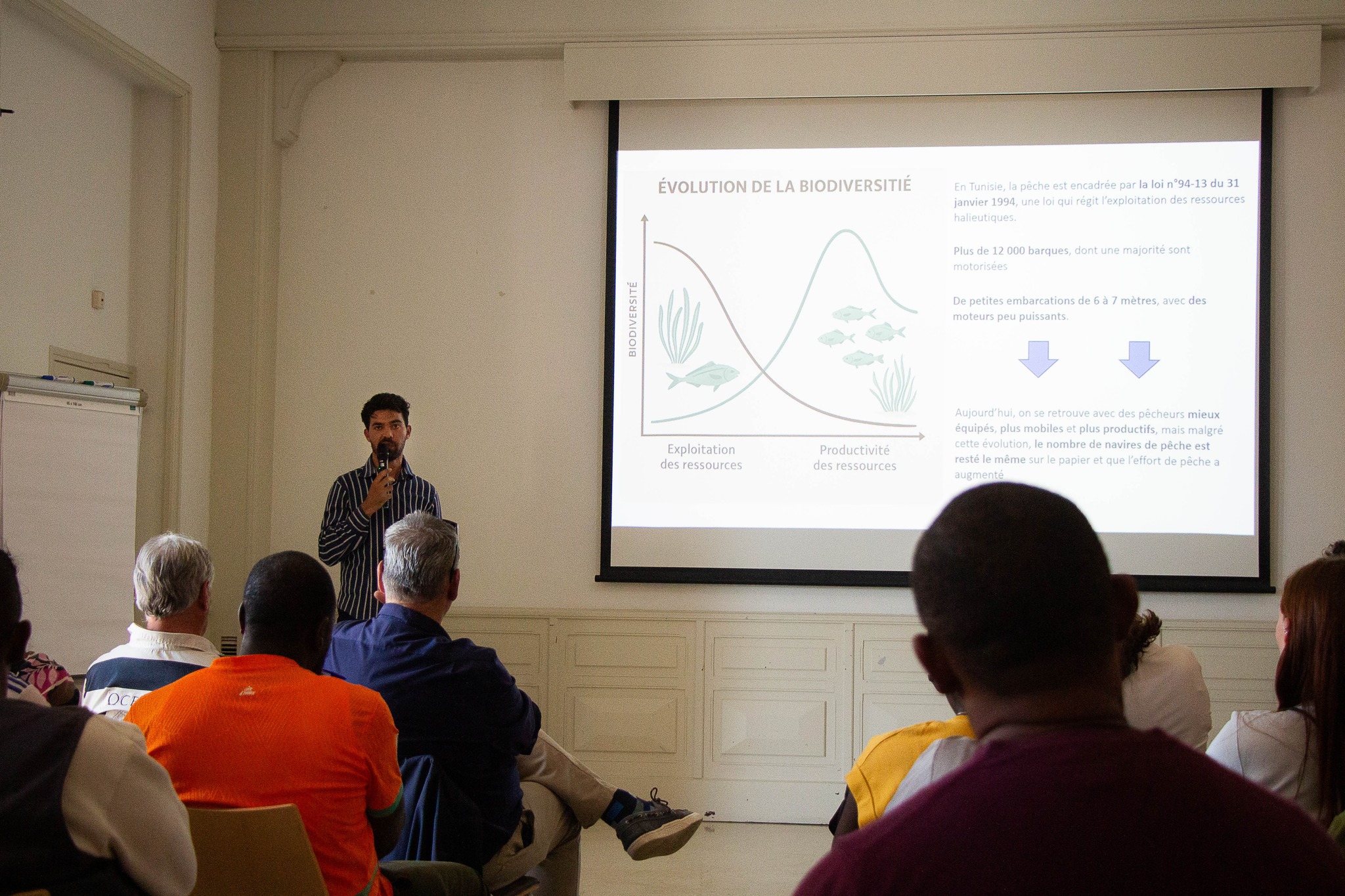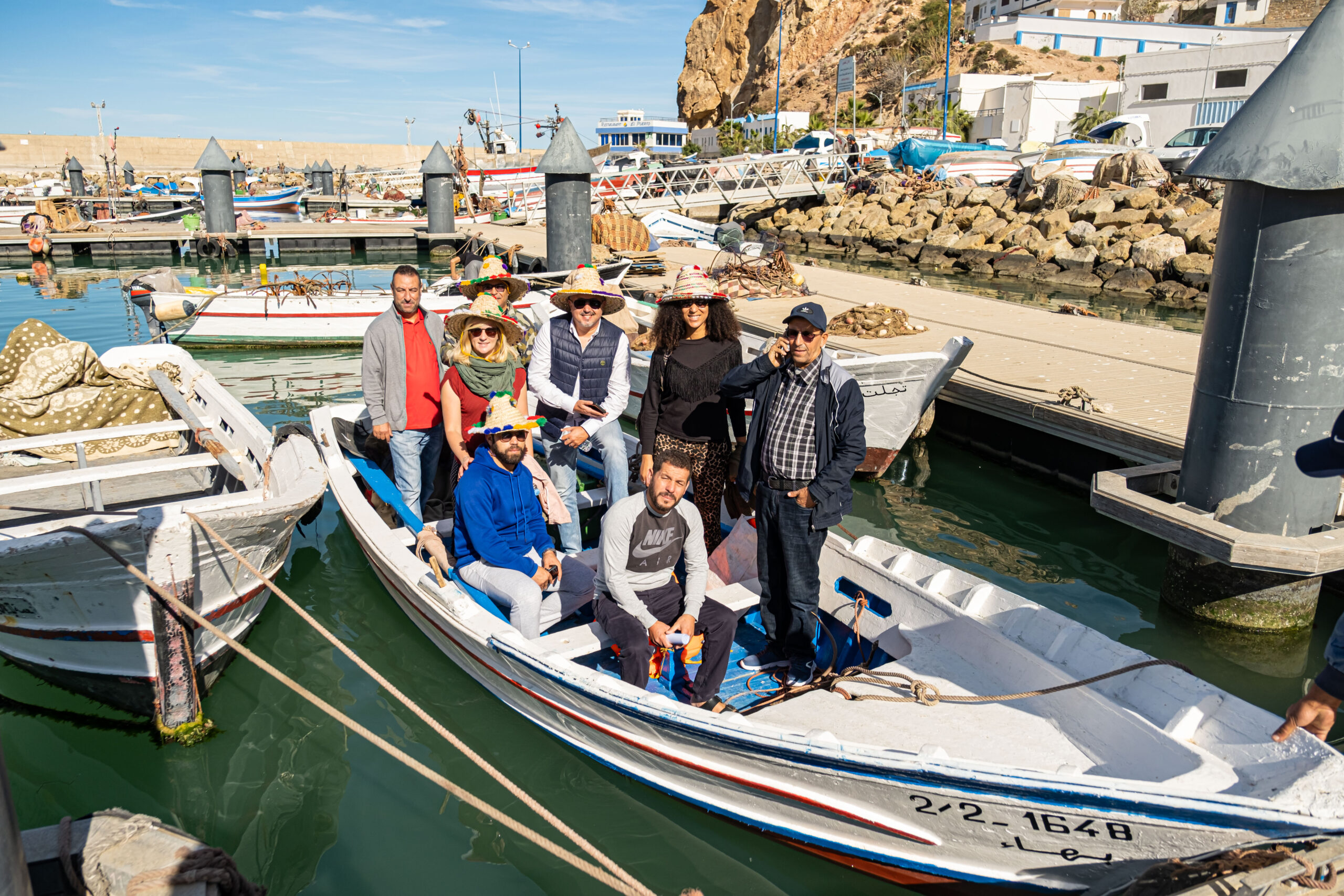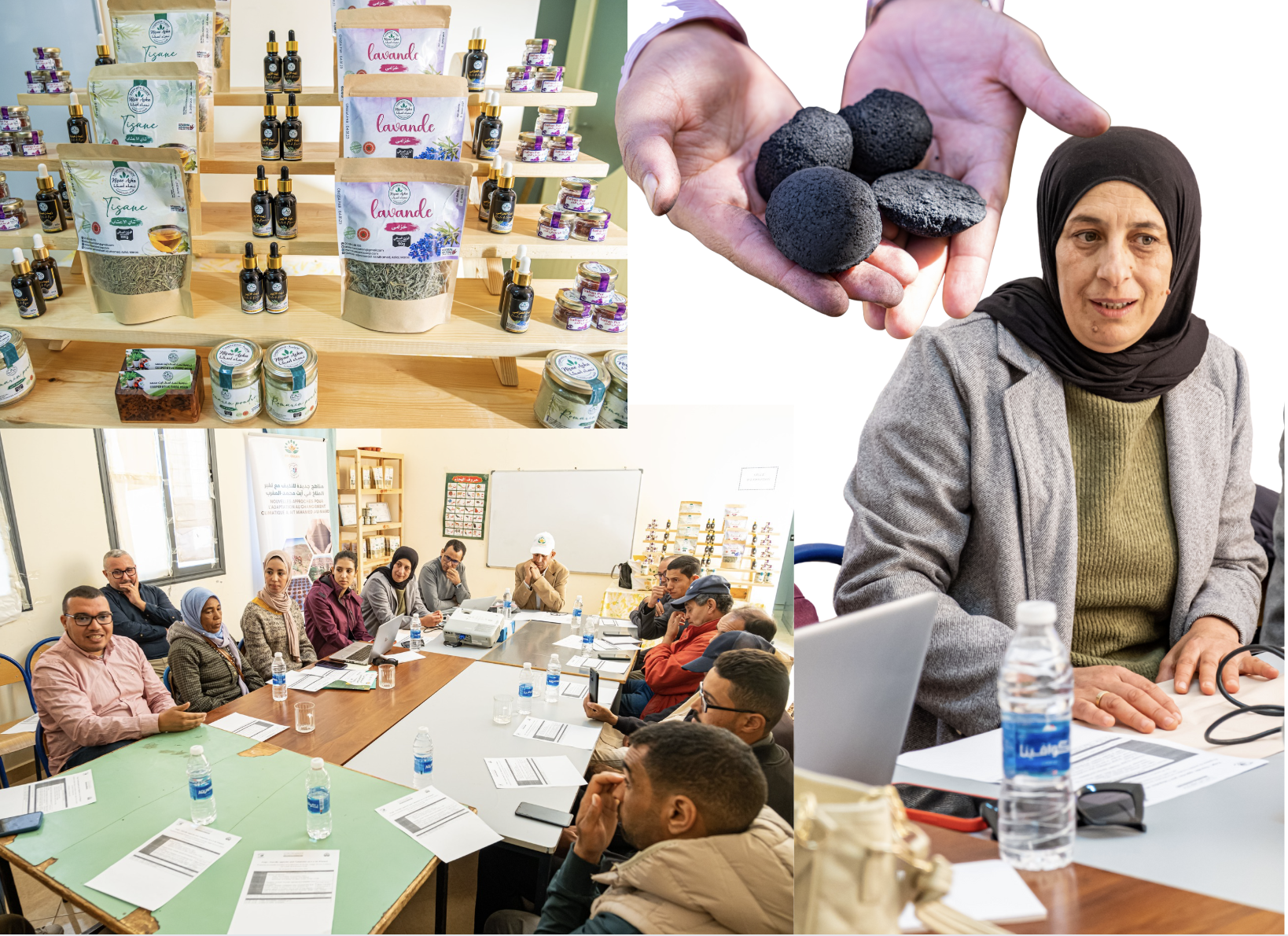As part of its ongoing commitment to the North African civil society for sustainable development and biodiversity conservation, Mubadarat has launched a campaign of communication to celebrate World Wildlife Day, International Women’s Day, World Water Day, and Earth Day. These informative videos aim to raise awareness about the challenges facing our planet and its inhabitants, as well as the concrete actions we can take to promote a more sustainable future.
The first video highlights World Wildlife Day celebrated on March 4th, emphasizing the importance of biodiversity conservation and the protection of fragile ecosystems. Through images of actions implemented by civil society, Mubadarat invites viewers to reflect on their relationship with nature and to take measures to preserve its beauty and diversity.
The second video celebrates International Women’s Day on March 8th, and the crucial role of women in promoting sustainable development and gender equality. By showcasing inspiring examples of women leaders from beneficiary organizations, Mubadarat encourages women’s empowerment and recognition of their essential contribution to environmental conservation.
The third video focuses on World Water Day on March 22nd, highlighting the water crisis facing North Africa. By presenting initiatives by associations aimed at preserving water resources and ensuring equitable access to this vital resource, Mubadarat calls for collective mobilization to address this pressing challenge.
Finally, the fourth video, scheduled for Earth Day on April 22nd, will address the challenges facing the North African region in terms of food security and the preservation of natural resources. It will highlight funded projects for sustainable agriculture and environmentally friendly farming practices to improve the resilience of local populations.
Through this series of engaging videos, Mubadarat demonstrates its commitment to civil society for a greener, more balanced, and sustainable future for all. All presented actions have been implemented by organisations beneficiaries of the PPI OSCAN and TransCap programs.







